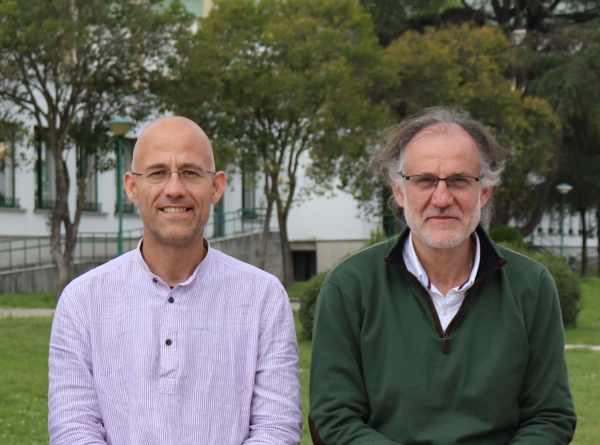For over a century, the impact generated from using a natural resource in a specific area remained in the forest where trees were cut down, in the mine being opened or in the river being polluted. However, though human activity continues to occur on local scale, there are so many instances happening in so many places at the same time that the sum of all this activity is creating change on a global scale in terms of the environment and biodiversity. This ends up directly impacting the well-being of human beings. For this reason, strategies are needed that deal with local issues in order to cope with these global issues.
This is the context in which Project TAO (Tropical Andes Observatory) came about, whose main aim is to create a biodiversity monitoring network in the Tropical Andes. This network will pool models and protocols for data gathering being carried out in each of the local entities so that they are able to compare this information and get a global perspective on environmental and biodiversity issues.
"The region of the Tropical Andes is one of the areas with the greatest biodiversity on the planet, which makes it an excellent laboratory to study impact on a global scale", explains Francisco Javier Bonet, the researcher in charge of the University of Cordoba team working on the project. In addition, the region has a unique cultural wealth provided by numerous indigenous communities in the area, who remain faithful to their customs and live their lives while maintaining a close relationship with nature. The combination of the impact of global change with the current economic growth in the region is causing the conflict between human beings and nature to be increasingly frequent and intense. This can endanger the immense biodiversity existing in the region and affect the well-being of people at local and global levels.
Currently, a number of local initiatives are taking on the task of tracking biodiversity in the region, but at a local level and with barely any connection among them. "We are trying to get the concept of the project to evolve, with specific aims, to the concept of infrastructure with a much greater, more systematic perspective of time", explains the researcher. One of the main features of TAO is its strong social component, made visible by the effort to involve associations in the region, such as managers of protected areas, universities, local research groups and NGOs.
In order to design a biodiversity monitoring system, it is important to define what it will be used for. To do so, first different cases to be studied will be identified so that these methodologies will be implemented, for example, restoring a deforested area, designing a protected space and opening an area up for lumber exploitation using sustainable criteria. Once these situations are defined, the consulting stage will begin, during which experts working on the project will help define a series of protocols for monitoring and tracking environmental variables. The last step will be to implement a monitoring system.
Throughout this process, the University of Cordoba will be in charge of organizing training courses in order to enhance the ability of local stakeholders to gather data on biodiversity, and then analyze and use them. The courses will be on data analysis techniques, geographic information systems, remote sensing, and operating databases and statistical analysis tools, among others.
The most important part of this project is not only the implementation of common protocols to observe biodiversity, but rather to motivate people to gain awareness of the impact that human activity has on nature and that, as has been proven with the COVID-19 epidemic, affects the well-being of all human beings. The information collected from this monitoring will have to be available for everyone and should be directed at not merely satisfying scientific curiosity, but rather improving people’s well-being. "If we break through these two barriers, we will be contributing to reconciling the objectives of sustainable development and biodiversity conservation", concludes Francisco Javier Bonet.
The TAO project - “From Data to Decision: Collecting, Mobilizing, and Harmonizing Tropical Andes Observatory” (ERANetLAC17/BDS-0249) is cofunded by the European Union under the ERA-NET programme and by the Ministry of Science, Innovation and Universities through the Spanish National Agency for Research under the 3rd ERANET-LAC Multi-Thematic Joint Call and PCI2019 call respectively.
This article is part of the communication strategy designed by the International Project Office to divulge the international projects granted to the University of Cordoba.


